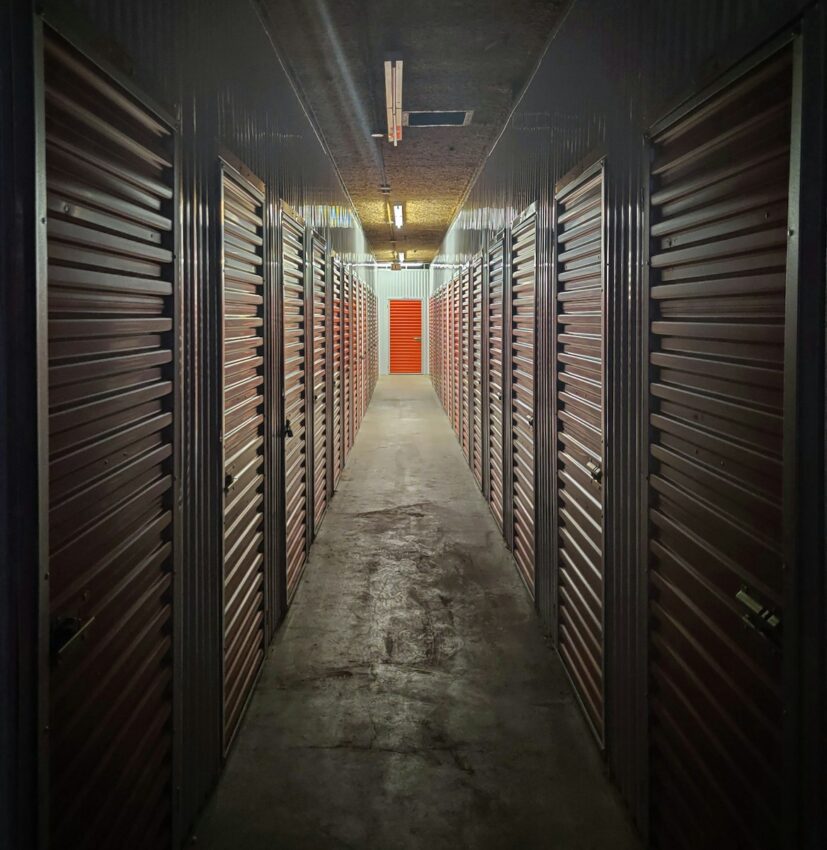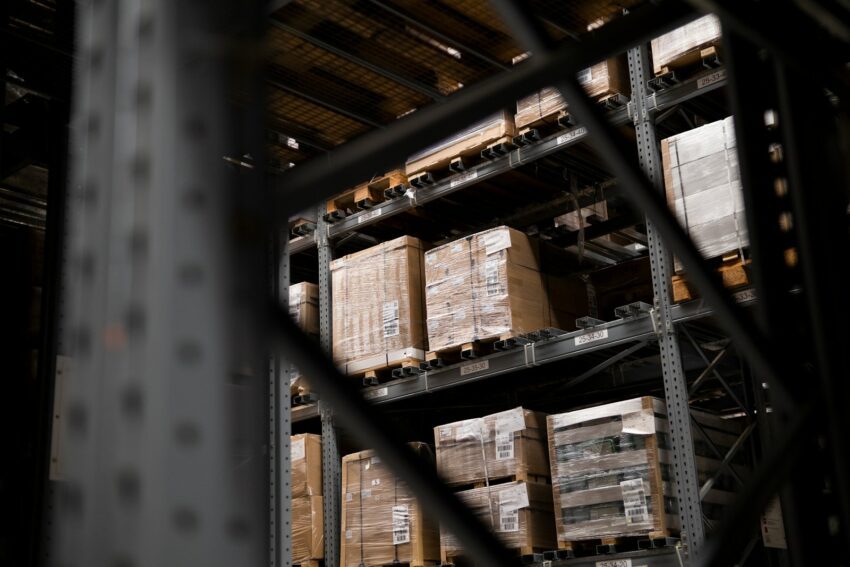Every business hits a pinch point. Sometimes it’s too much inventory arriving at once. Other times, it’s renovations, seasonal changes, or a sudden spike in demand. When the floor space starts closing in, the clock starts ticking. That’s when businesses across Australia are leaning into a flexible solution. One that doesn’t require long-term contracts or complicated builds.
Storage containers are stepping in as a first smart move. They’re fast to deploy and keep operations moving without the stress of warehouse expansion. For businesses trying to buy time without blowing budgets, they’ve become a practical middle ground.

Why Flexibility Has Become the Priority
Traditional warehousing runs on fixed space. It’s stable, but it’s not built for quick change. Business cycles don’t always respect that. Holiday surges, bulk shipments, project gear—all of it takes up space, but not forever. That mismatch creates a common need: temporary breathing room.
Hiring extra storage is often faster than moving or building. It gives teams time to think, sort, and make better decisions later. When deadlines are tight, that buffer can hold everything from excess product to construction materials without tying the business to a permanent location.
It’s not about growing bigger. It’s about growing smarter when the pressure hits.

How Containers Are Being Used Beyond the Jobsite
Shipping containers aren’t just for trades and construction crews anymore. Their versatility has pushed them into retail, hospitality, events, and back-of-house storage for everything from cafés to garden centres.
They arrive clean, weather-tight, and ready to go. Depending on what needs storing, they can be fitted with shelves, lights, vents, or even racking. That customisability is a big reason they’re showing up behind boutique storefronts and warehouse loading docks alike.
For a retailer, they might hold stock between seasons. For a growing café, they might store bulk ingredients or packaging materials. What they all share is the need for a secure, no-fuss space that can be added or removed on short notice.
What Makes a Good Storage Container Setup
Not every container solution is equal. The ones that work best usually hit a few practical marks:
- Close access to where goods are needed, so there’s no lost time fetching things
- Proper base or levelling to keep doors working smoothly and contents dry
- Security features like lockboxes or internal padlocks that deter tampering
- Internal configuration options for shelving, insulation, or lighting
- Ventilation to manage heat in hotter months
Good providers help businesses set up for the long haul even when the hire is short. That level of planning keeps the containers working efficiently, not just acting as a dumping zone.
The Unexpected Upside for Operational Flow
One benefit that often surprises teams is how storage containers help improve day-to-day flow. By shifting bulk goods or less-frequent items out of prime warehouse space, the rest of the floor opens up. It becomes easier to move, pack, and process orders without stepping over pallets or clearing makeshift pathways.
Staff spend less time reorganising and more time doing actual work. That small shift reduces errors and stress during rush periods. Even a single container parked at the rear of a warehouse can become the pressure valve that keeps a team working at pace.
That’s part of why storage container hire isn’t seen as a patch job. It’s more like a strategic tool for keeping operations calm when demand throws a curveball.
Why This Model Is Catching On in Melbourne
Melbourne’s logistics scene has always moved quickly. Tight metro spaces mean traditional warehouse leases don’t always make sense for every business. That’s where containers have gained traction.
They don’t require major approvals or commitments. They show up when needed and leave when things settle. One local supplier noted how often short-term hires turn into rolling extensions, not because the business miscalculated, but because the model just works.
For those storing tools, goods, or materials on the move, the convenience stacks up fast. It’s easy to understand why storage container hire is becoming a go-to move when timelines get tight.
It’s not a flashy change, but it’s one that buys time and breathing room when it matters most. Whether tucked behind a store or serving as a mobile supply shed, these containers are turning into quiet workhorses across the country.
